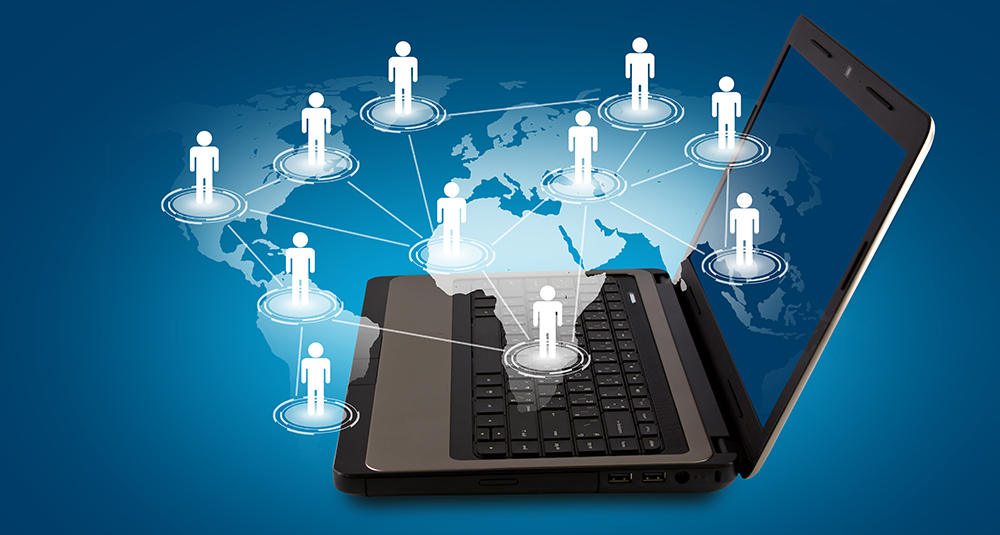Introduction:
As technology continues to advance at an unprecedented pace, it brings forth new concepts and trends that reshape the way we interact with the digital world. One such emerging concept is the Internet of Behavior (IoB). IoB refers to the use of data and technology to analyze and influence human behavior. In this blog post, we will explore the key aspects of IoB, its potential implications, and what you should know about this fascinating trend.
Understanding the Internet of Behavior (IoB):
The Internet of Behavior is an extension of the Internet of Things (IoT) that focuses on the collection and analysis of data related to human behaviors. It involves the use of various technologies such as sensors, wearable devices, facial recognition, location tracking, and behavioral biometrics to gather information about individuals’ actions, preferences, and habits. This data is then processed and utilized to gain insights into behavior patterns and provide personalized experiences or influence behavior in some way.
Key Aspects and Implications of IoB:
Data Collection and Privacy: IoB heavily relies on the collection of vast amounts of personal data. This raises concerns about privacy and data security. It is crucial for organizations to be transparent about the data they collect, how it is used, and to obtain proper consent from individuals. Striking the right balance between personalized experiences and protecting privacy is essential.
Personalization and Customer Experience: IoB enables organizations to gain a deeper understanding of their customers and deliver personalized experiences. By analyzing behavior data, businesses can tailor their products, services, and marketing strategies to meet individual preferences. This can lead to enhanced customer satisfaction and loyalty.
Behavioral Analytics and Insights: IoB provides valuable behavioral insights that can help organizations make informed decisions. By analyzing patterns and trends in user behavior, businesses can identify areas for improvement, optimize processes, and develop targeted marketing campaigns. Behavioral analytics can uncover hidden opportunities and drive innovation.
Ethical Considerations: While IoB offers numerous benefits, ethical considerations should not be overlooked. It is essential to use behavior data responsibly and ethically, ensuring that individuals’ rights and autonomy are respected. Organizations must be mindful of biases, potential discrimination, and unintended consequences that may arise from behavioral interventions.
Regulatory and Legal Frameworks: As IoB evolves, regulatory and legal frameworks will likely be established to govern the collection, storage, and use of behavior data. Compliance with data protection regulations, such as the General Data Protection Regulation (GDPR), is crucial to ensure the ethical and legal handling of personal data.
Conclusion:
The Internet of Behavior (IoB) holds great promise in revolutionizing the way organizations understand and interact with individuals. By leveraging behavior data, businesses can deliver personalized experiences, optimize processes, and improve customer satisfaction. However, it is essential to address privacy concerns, uphold ethical practices, and comply with regulatory frameworks to maintain trust and transparency. As IoB continues to develop, businesses and individuals alike should stay informed, participate in shaping its ethical guidelines, and embrace its potential while safeguarding privacy and individual rights.

